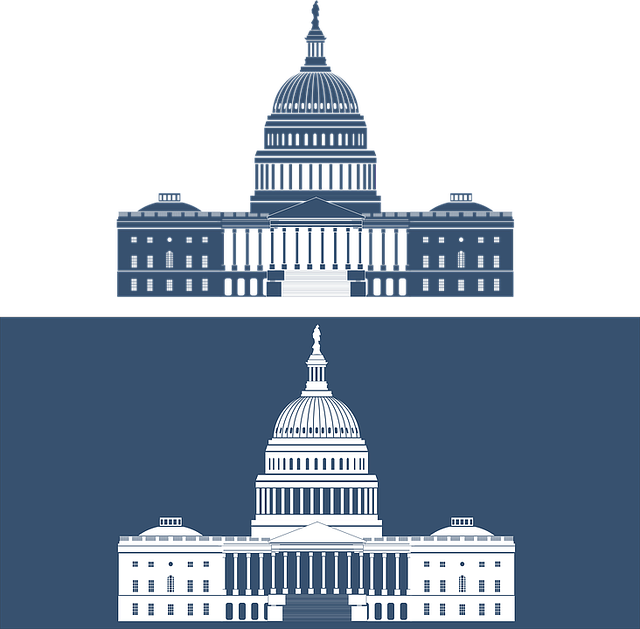
The administrative aspects of America’s government are like a spider web, it all interconnects in one way or another. So it might not seem like the infrastructure bill would have an affect on Social Security, but it does pave the way for change.
Congress passed the legislation, amounting to $1.2 trillion, to be spent on infrastructure and other relevant issues. Katie Lobosco ad Tami Luhby reported on the bill’s passing for CNN, outlining what the bill contained and what it didn’t.
The bill adds $550 billion in funds to address America’s crippling infrastructure: improving power and water systems, updating airports and roads, establishing broadband internet to areas in need, and investing in public railways.
What does this mean for Social Security?
As one of the cornerstones of President Biden’s economic framework, outline here on the White House website, Congress labored over passing the infrastructure bill for weeks revising it multiple times. To pay for this Congress will transition unused Covid-19 relief funds, utilize unused unemployment benefits provided for state relief, and maintain the way drugs are priced under Medicare.
The infrastructure bill is a precursor to the social safety net bill that deals with social programs like Social Security, Medicare, prenatal and elder care, and the climate. With the infrastructure bill out of the way, Congress will spend however long it takes to address this legislation.
In the meantime, we’ll see how the government’s plans to afford this bill pans out. So far, there has been no mention of utilizing the Social Security Trust for congressional spending. If these bills are successful, the hope is that the Trust will be better funded.
Congress chose not to raise the corporate tax rate, so private organizations are still not paying a fair share into Social Security taxes.
Repairing and improving our nation’s aging infrastructure is a positive thing, and the social safety net bill is full of good change we need as a country. But we can’t lose sight of what’s important — Social Security must be protected! That remains our No. 1 priority.
We need to tell Congress to find ways to pay for our infrastructure and safety net enhancements without reaching into the Trust like a kid in a cookie jar.
The Council for Retirement Security’s Social Security Lockbox Petition is geared towards that ideal. We can work for a better future, if we keep protecting the present and our current benefits.



